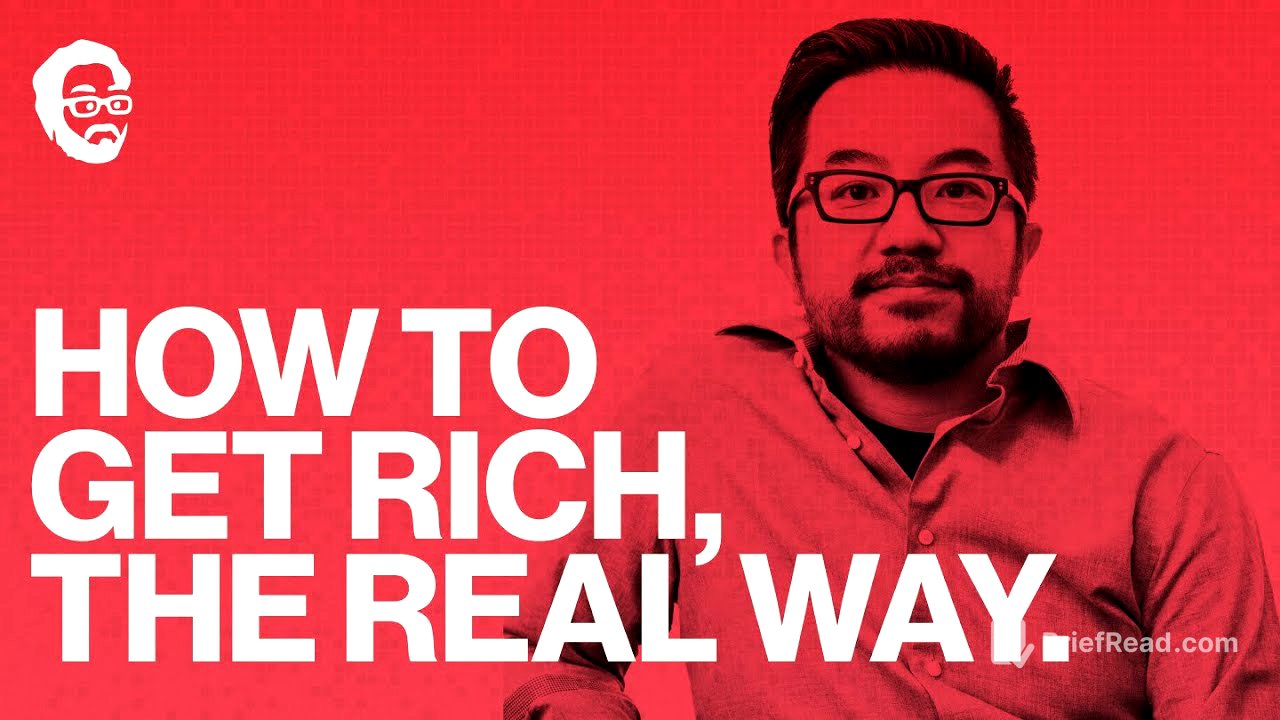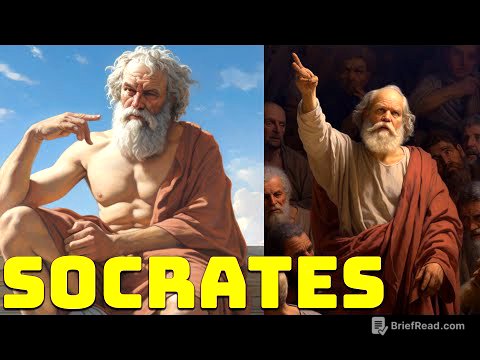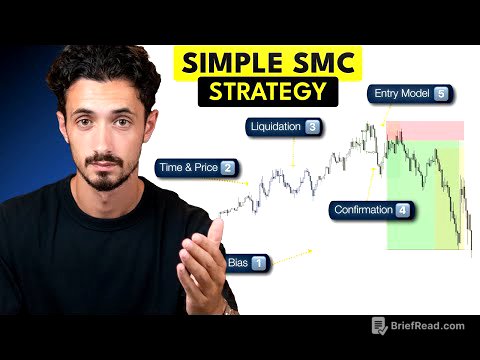TLDR;
This video explains the difference between being rich and being wealthy, emphasizing that wealth is about creating assets and systems that generate income, rather than just accumulating money. It highlights the importance of developing valuable skills, leveraging time, and building a "wealth machine" that reinvests profits to create more wealth. The video also touches on the significance of talent, customer loyalty, and capital in building a successful startup.
- Wealth is about creating assets and systems that generate income, not just accumulating money.
- Develop valuable skills that are rare and in high demand.
- Leverage your time by creating products or systems that generate income while you sleep.
- Build a "wealth machine" that reinvests profits to create more wealth.
- Focus on solving problems and creating value for others.
Overview [0:00]
The video introduces the concept of wealth versus money, suggesting that true wealth is not just about having money but about having the means to acquire goods and services independently. It promises to explain how to become wealthy rather than just rich, encouraging viewers to subscribe for more content on building successful ventures.
What is wealth? [1:04]
The video clarifies that wealth is different from money. Money is simply a tool for moving wealth around, not wealth itself. Wealth is access to goods and services. The speaker quotes Alan Watts, who says that money isn't real, it's just an accounting of available economic energy. The key is to focus on creating and owning the engine of wealth creation, rather than being a replaceable part of it.
Focus on skills [3:07]
The video emphasizes that skills are essential for creating wealth. Those skilled at making things are more likely to understand how wealth is created. Being an engineer, designer, or product person are highlighted as valuable roles in modern society because they are close to the actual creation of products. The speaker shares his early experience of cold calling to get a job at 14 to support his family, which set him on a path of learning design, coding, product management, marketing, and branding. Not all skills are valued equally; skills that are rare and in high demand are more valuable. Dennis Rodman's exceptional rebounding skills are used as an example of developing a unique, highly valued skill. The video introduces the concept of living "above the API" by creating and owning systems, rather than just operating within them. Investors seek founders with the skills to build their vision, not just impressive credentials.
Don't sell your time! [8:29]
The video stresses the importance of leveraging time to create wealth. It references the story of Apple's founding, where the need to save time led to the creation of a company. Naval Ravikant's idea of positive-sum games is introduced, advocating for moving beyond finite games like selling time. The speaker reflects on his early jobs and the realization that there's a limited number of hours in a day. Creating a product that generates income passively is presented as a form of leverage. The speaker shares his experience at Microsoft, where he felt stuck in a cycle of trading time for money and then consuming, rather than creating. The key is to be a creator, solving problems and making others happy to generate wealth.
Create a wealth machine [11:45]
The video introduces the concept of a "wealth machine," which is a system where money is invested, and the machine generates more money than the initial investment. This machine provides both money and wealth, unlike get-rich-quick schemes that only provide a one-time influx of money. A great startup has both money and wealth, where money can be reinvested to generate more money and wealth. This virtuous cycle can be coupled with talent and customers. A talented team attracts more talented people, and satisfied customers spread the word, leading to more customers. This allows the company to raise more money, which is then reinvested into the machine. This is product-market fit. The speaker advises against starting a company solely to make money, but rather to solve a problem and express an idea. The world needs more problem solvers.









